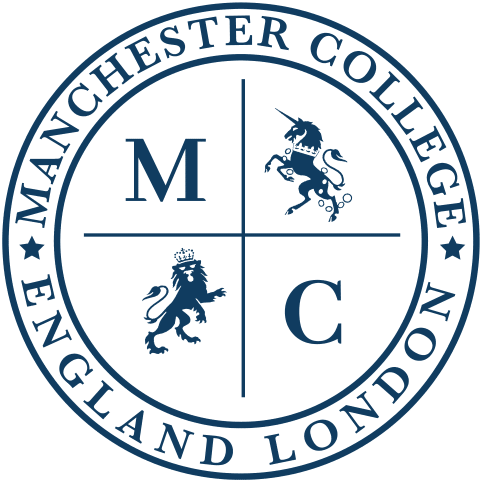Department of Law – Human Rights
Department of Law - Human Rights

How can we help you?
Contact us by email on info@manchestercollege.com or send a commercial inquiry online.
who should attend?
This program is suitable for employees of organizations, activists, government officials, and any graduate or student with an interest in the field of human rights and a background in law or international relations, in order to hone their skills and knowledge in human rights issues and mandates, and people who believe in human rights and are ready to defend their rights.
objective
This program is designed to provide participants with basic knowledge and practical skills to promote the concept of human rights around the world, to develop a capacity to exercise and apply human rights, to provide participants with the necessary expertise to become active human rights activists, and to provide participants with valuable knowledge of human rights law and policy practices.
content
Courses required in this program:
The first theme: international human rights law: law can be a means of achieving change and promoting human rights, students will be provided with an understanding of human rights law and means of protecting these rights (as they are found in international, regional and national processes).
-General principles of international human rights law
-General theory of international humanitarian law
-International legitimacy of human rights
-Contemporary international issues
-International refugee law
2- The second axis: it will be about the global sources of human rights, which are universal conventions of origin and we will deal with this axis:
-UN Charter
-Ratified UN treaties
-UN human rights mechanisms International Charter of Human Rights
-Actions and legal documents issued by the United
-Nations (Declarations, agreements, decisions)
-International Covenant on Civil and Political Rights
The third focus will be on the concept of international protection of human rights and the obstacles it faces. We will address this theme:
-The meaning of international protection of human rights
-The development and importance of international protection
-Barriers to international protection
Looking for higher education, at the postgraduate level (Master’s, Professional Doctorate) ?
